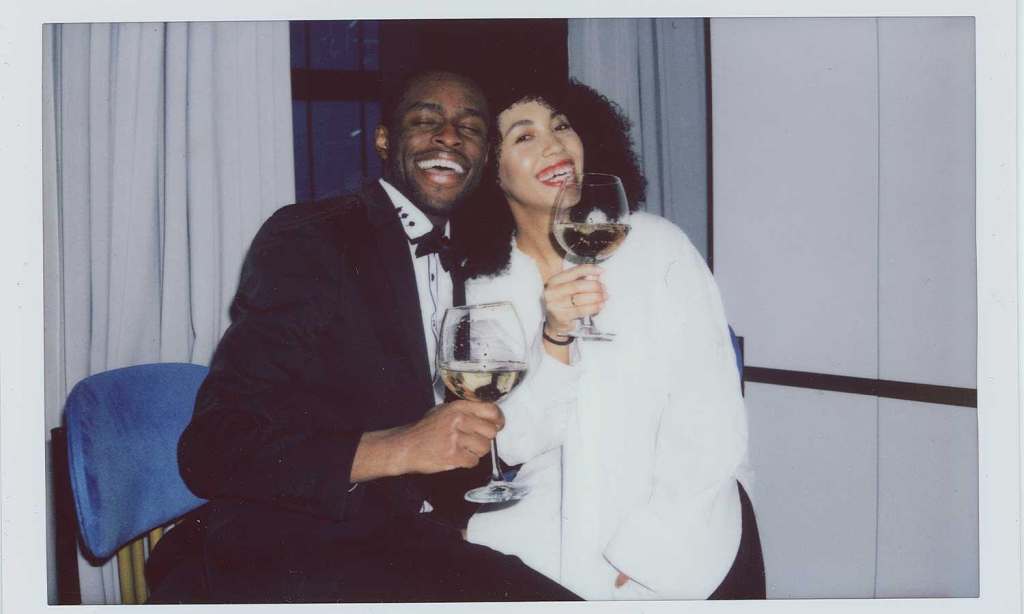We all use communication skills every day that determine our interaction with the world, each other and ourselves. These come in all shapes and forms, from non-verbal and physical cues such as affection and body language, to verbal; tone of voice, pace and volume of speech.
All of these factors determine how we interact with people and how they interact with us, and our communication styles essentially determine our friendships and relationships, both personal and professional.
Basically, communication impacts every aspect of our life. Sometimes we overthink it, which can be useful if not overdone. Acknowledging the way we speak and behave towards one another is very important, especially in these times, when we’re learning to expand some of the reserved societal norms of previous generations.
On the flip side, worrying about how we interact and being extremely conscious of it can create a struggle with stress, anxiety and depression, perhaps feeling as though we’re not interacting the ‘right’ way to be received how we’d like, and therefore feel as though we don’t belong.
Forensic psychologists Emily and Laurence Alison, who are also married, developed a framework used by the FBI to help interrogators receive information without having to use coercion.
Now it might seem extreme to say that experts who work with some of the toughest interrogations, from violently mentally-ill patients to convicted killers, have the best methods to help us communicate with each other. But it’s true.
“Not everyone will find themselves across the table from a terrorist, but some people would say talking to their teenager feels a bit like that!” Emily Alison tells Red Magazine.
“Maintaining good rapport, even in tense conversations, requires self-control, emotional resilience and patience. This means a bit more effort than acting based on your emotional instincts.”
We all know how difficult that can be, especially with those people in our lives that we feel vulnerable with; lovers, family, close friends and partners.
“For the big relationships in your life, you want them to bring you connection, joy and intimacy, so it massively benefits you to communicate productively,” Alison says.
What does communicating productively mean, and how do we achieve that?
Remove the ego
The ego is that attitude of “why do I have to”? It’s when you are hearing someone else’s problem, concern or point of view and questioning why you have to listen, understand or empathise with the other person. According to the Alisons, if you remove the ego, you remove a huge barrier immediately.
Be clear on your communication goal
Enter into a communication clearly understanding what you’d like to communicate, and keep hold of that goal throughout your entire interaction. Instead of ramming your point home, potentially going off-topic or over the top in order to be heard, think about what you’d like to come out of the conversation and do your best to make that happen.
This may mean understanding the other person’s point of view, or asking them direct questions about where they stand. Your goal can change throughout the conversation, so do your best to not be stubborn and remain clear on where you stand, while being understanding and encouraging of the other person.
H.E.A.R
Another tool outlined by the Alsions for RED Magazine is something called H.E.A.R, which stands for honesty, empathy, autonomy and reflection.
Honesty – Be wary of using unclear language or using manipulation to get your way, as this will damage the trust within your relationship. Be as clear and direct as possible, we know it’s hard in emotional situations, but the payoff is huge.
Empathy – It’s not always about showing compassion, but rather a genuine effort to understand what a person is thinking or feeling. If you care and the other person feels that, they are much more likely to engage in a two-sided conversation, and also endeavour to see your point of view.
Autonomy – Maintaining an individual’s power of choice is integral to getting full cooperation in a discussion. When an individual feels as though their autonomy has been taken away, they immediately become defensive, which we all know is not a productive or enjoyable conversational environment.
Reflection – This involves repeating what someone has said to you, to ensure they feel heard and understood. This is something we often don’t think about, but makes a huge difference in almost any exchange.
Read more stories from The Latch and subscribe to our email newsletter.







